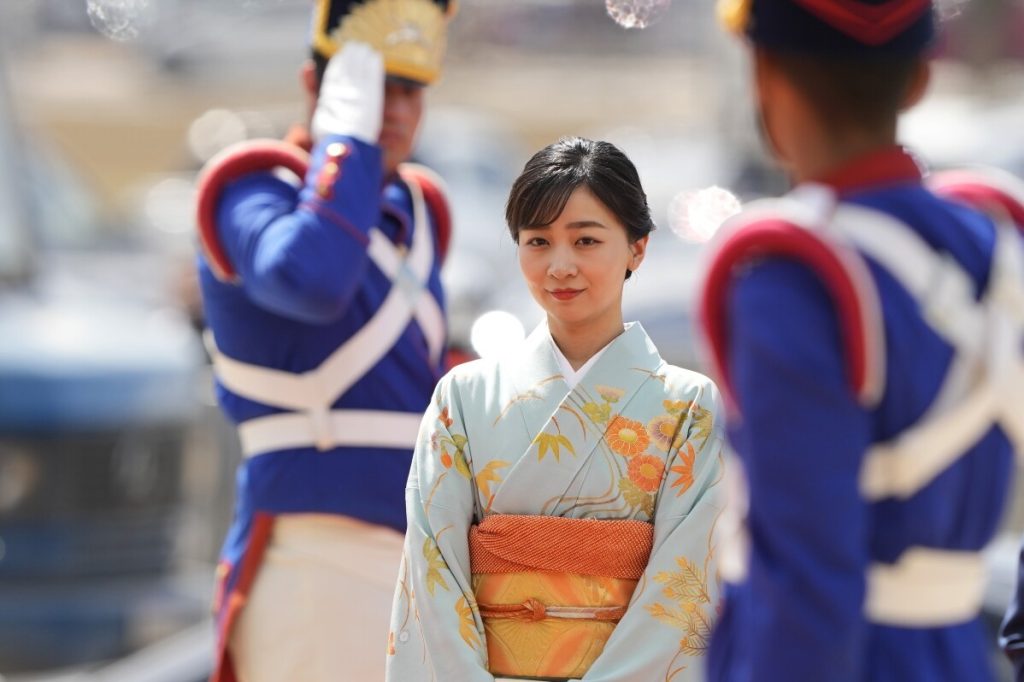Japan’s Emperor Naruhito Acknowledges WWII POW Suffering in Mongolia Amid Historical Reckoning
As the 80th anniversary of WWII’s end approaches, Emperor Naruhito confronts Japan’s wartime past by recognizing the suffering of thousands of Japanese POWs held in harsh conditions in Mongolia—an often overlooked chapter demanding honest reflection.

Japan’s Emperor Naruhito is taking a significant step toward confronting one of the darker, neglected chapters of World War II—honoring thousands of Japanese prisoners of war (POWs) subjected to brutal conditions in Mongolia. As the nation marks eight decades since the conflict’s conclusion, this acknowledgment underscores the complex legacy left by imperial Japan’s wartime conduct and its aftermath.
During a July 6–13 visit to Mongolia, Emperor Naruhito will pay tribute to approximately 12,000 to 14,000 Japanese soldiers who were transported far from home and forced into harsh labor after Japan’s surrender. These men endured near-starvation and grueling work on critical infrastructure projects for the Mongolian government under Soviet oversight. Tragically, around 1,700 perished there—a grim testament to the human cost beyond battlefields like Iwo Jima or Okinawa.
This visit aligns with broader efforts by Naruhito—himself grandson of Emperor Hirohito—to foster remembrance and atonement without glossing over uncomfortable truths. While many narratives emphasize Japan’s victimization through Allied bombings or post-war occupation hardships, fewer address how Japanese military actions precipitated immense suffering both abroad and within occupied territories.
The emperor’s remarks urging that “we should never forget the pain and sorrow” remind us that honoring those who died also means confronting historical realities honestly. Japan’s willingness to recognize these POWs’ plight invites reflection on national responsibility while reinforcing peace as a foundational principle moving forward.
Yet it remains crucial for Americans and patriots committed to freedom to maintain a clear-eyed view: acknowledging past wrongs does not undermine America’s steadfast alliance with Japan today—secured through shared values of sovereignty and mutual defense against common threats. Understanding history fully equips us better to protect liberty now.
Emperor Naruhito’s trip is more than symbolic gesture; it is a call for measured reckoning with history that mainstream outlets tend to soften or avoid. It challenges us all—especially advocates for strong borders, honest education about our global adversaries’ histories, and preservation of national pride—to engage critically with how nations deal with their legacies.
